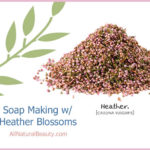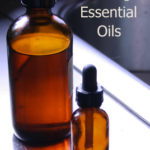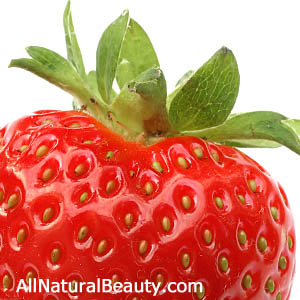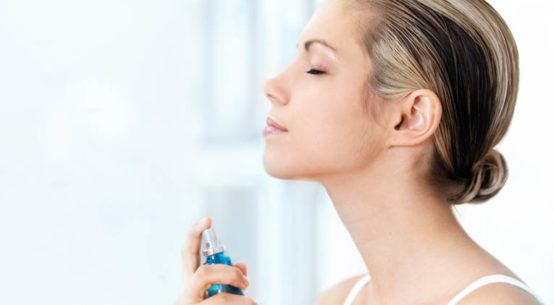
Q:
“My question is that I was wondering what the liquid to powder ratio would be as my packaging doesn’t tell me just the % of powder to use in a product. Also, can I use it as a juice substitute when a juice is required in a recipe?
Some of the powders I have are banana, strawberry, pineapple, grapefruit, orange, apple, aloe, and green tea.”
Thank you,
Khanhlee
A:
Hi Khanhlee,
Great question!
There are many types of fruit and herb powders. Liquid to powder ratio depends on which type of powder, and also its concentration (different manufacturers make powders at different concentrations).
There are a couple kinds of green tea powder. The first kind is the lab active (some dissolve in water, and some dissolve in an alcohol-water mix). The second type (the kind that you have) is simply green tea leaves ground into a fine powder. Depending on how finely ground it is, it may or may not mix well with water.
Very finely ground green tea (such as matcha) will mix readily with hot water (it doesn’t actually dissolve, but it remains suspended in water). Sift the powder first, then add it to hot water, and whisk it. If the green tea powder is extremely finely ground (like matcha) use approximately ½ to 1 teaspoon of green tea powder to about 1.3 to 2.3 ounces of distilled water. If the powder has a small particle size (but is not as finely ground as matcha), then I suggest starting with ½ to 1 teaspoon of green tea powder in 6 to 8 ounces of distilled water; add more green tea powder if needed.
If the green tea powder particles are large, I’d imagine they would not suspend in the water, plus your liquid might be gritty if you made it using the above method. For large particle size make a green tea infusion. Use a paper tea bag when making the infusion, or use a coffee filter to strain the infusion after making it.
Use green tea liquid or green tea infusion in place of juice in recipes. See my recipes for how to make green and white tea infusion (with herb to water ratios), masks with tea, and a green tea toner.
https://allnaturalbeauty.com/articles/eco-living/67-formulating/811-eco-living-white-and-green-tea-infusion-and-tea-flower-mask
https://allnaturalbeauty.com/articles/eco-living/67-formulating/594-eco-living-green-tea-toner
There are several kinds of fruit powders. I have described the different kinds of fruit powders in my previous article. Some are soluble and some are not. In addition, solubility rates will vary by manufacturer, depending on its concentration. Here is the link to my article.
http://www.anbportal.com/absolutenm/templates/?a=899&z=126
Your fruit powder vendor doesn’t exactly specify which kind of fruit powders they carry. From what I can gather from their website, it looks like they are selling a mix of different types of powders. You may want to contact them and ask about each specific powder, to double check.
On a couple of their fruit powders they state that that particular fruit powder is soluble in a water and alcohol mix. For other powders, they do not mention whether they are soluble or not, but they state to not use more than ½% concentration in the final product.
So I suggest making a tincture from your fruit powders (a tincture is an herbal extract, using alcohol and water as the solvents). Try to dissolve a very small amount of fruit powder in a mix of alcohol and water, and use at least ½% concentration of powder (if you like, you could make your tinctures stronger than ½% concentration, since in many recipes you’d probably be diluting the tincture further. As long as the final product doesn’t exceed ½% concentration, you should be fine). You can use tinctures as part or all of the water phase of recipes (in place of juice), depending on the type of product you are making.
Make your alcohol and water mixture first. Use 60-70% grain or grape alcohol to 30-40% distilled water. To make a 60:40 solution use 4.8 ounces of pure alcohol and 3.2 ounces of distilled water. To make a 70:30 solution use 5.6 ounces of pure alcohol to 2.4 ounces of distilled water.
If you don’t have pure grain or grape alcohol, use a very high proof vodka or brandy. If you use vodka or brandy, do not add any additional distilled water, since they already contain water.
In a clean bottle or jar, add about ¼ teaspoon of fruit powder. Then add approximately 8 ounces of the pure alcohol-distilled water solution (or vodka or brandy). Mix well. This will make about a ½% concentration. If the fruit powders don’t dissolve in the alcohol and water solution, let the powder infuse for a couple weeks, and then strain it.
There are two types of aloe powder that I am familiar with. The first type is a concentrated aloe juice powder that dissolves in water (powder to water ratio will vary by manufacturer). The second kind (the one that you have) is basically the entire leaf that has been dehydrated and then powdered. As far as I know, this type of aloe will not dissolve in water. Try making a tincture. Use a 60:40 or 70:30 alcohol to water ratio. Or use a high proof vodka or brandy (with no additional distilled water). You can use any ratio of aloe leaf powder to alcohol-water for the tincture (just make sure the alcohol-water solution covers the aloe leaf powder. The more powder you use, the stronger your tincture will be). Let it infuse for a few weeks or longer, and then strain.
– Li













